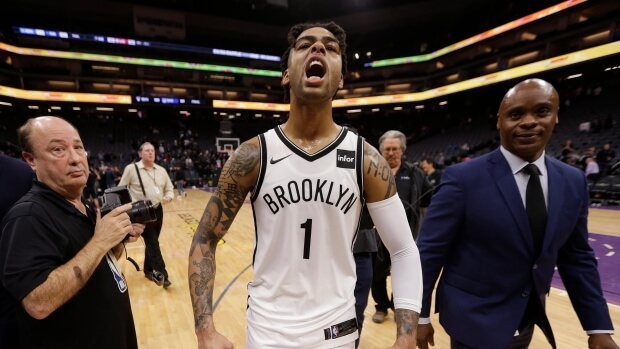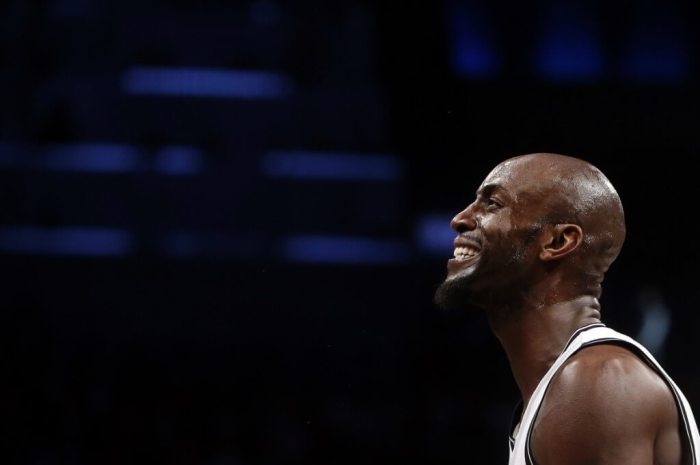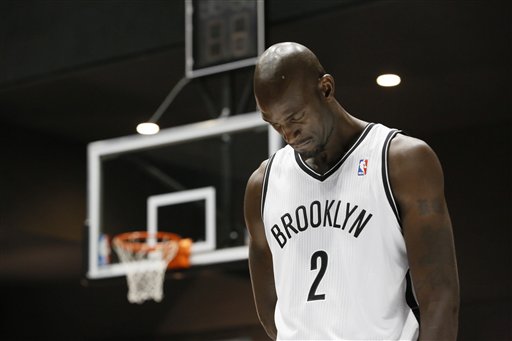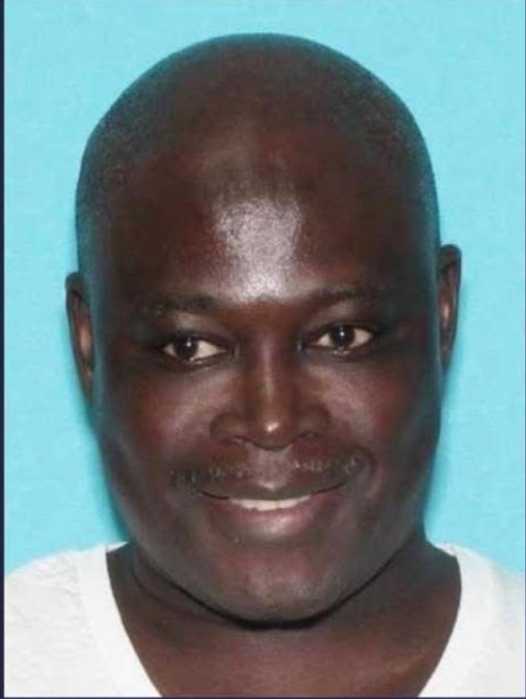
The NBA Development League or “D-League” for short is in its 11th season in existence. It was originally created to be the NBA’s minor league system and although it hasn’t functioned as well as Major League Baseball’s minor league system, the D-League has grown and evolved and has taken steps toward being a fully functional minor league.
In it’s 11 years, the D-League has certainly had its share of success stories. You need to look no further than the Knicks Jeremy Lin as an example of this. Prior to swooning national media and hitting game-winning shots nightly, Lin was learning his craft in the D-League. And while the D-League is far from a finished product, more and more teams are investing time and money into the league.
As a matter of fact, this season there are nine NBA teams that have a single affiliation (Meaning they fully own and operate their D-League affiliate), which is the most in D-League history.
The Nets D-League affiliate is the Springfield Armor and after listening to Henry Abbot of ESPN.com interview the Nets’ General Manager of Minor League Operations, Milton Lee for ESPN’s NBA Today podcast, I learned that the Nets have a unique relationship with the Armor. A relationship that only two other teams in the NBA have with their affiliates (Houston Rockets-Rio Grande Valley Vipers and the New York Knicks-Erie BayHawks.)
The relationship the Nets, Rockets and Knicks have is called a hybrid single-affiliation partnership. Basically what this means is, while the Nets don’t fully control the Armor, they only control the basketball operations, while they leave all of the business operations to the Armor and their personnel.
The advantages to controlling the basketball operations are obvious: The Nets can hire all of their own coaches to coach the Armor and they can install the exact same offense and defensive schemes that the big club is going to use for that season.
Milton Lee goes on to explain:
In a typical year, our coaching staff in Sprinfield would spend training camp with the Nets. They would be in coaches meetings, they would be doing film sessions and they would understand Avery’s playbook. Once training was over and the D-League season started, Coach MacKinnon would be implementing Avery’s playbook and most importantly, the verbiage that Avery uses.
I’m glad that Lee mentions the verbiage as part of what is important for running your affiliates basketball operations. By keeping everything uniform (in schemes and terminology) the Nets can send players either down or up without missing a beat and without having to spend valuable time teaching said player new plays, terms or schemes.
Take for example what the Nets did with Jordan Williams this season. Earlier this season Williams was not receiving lots of playing time for the Nets and so, on January 18, the Nets re-assigned Williams down to the Armor. The thought was, placing Williams in the D-League would give him more time to practice and play in some games.
The plan worked: In six games Williams played 32 minutes a game, scored 13.9 ppg and was grabbing 7.8 rpg. On January 28, just 10 days after being sent down, the Nets recalled Williams.
Granted, a lot of what led to Williams having such a brief stint in the D-League had to do with the Nets injury situation, but it also was due to the fact that Williams showed success during his time with the Armor. The fact that he was already familiar with everything the Armor was doing from a basketball standpoint could have only helped him be successful.
The single-affiliation relationship could also benefit those D-Leaguers trying to make the NBA. For example, this season three Springfield Armor players were invited to attend the Nets training camp. Of the three, Dennis Horner actually made the Nets opening day roster. The option of inviting the Armor’s players to the Nets camp is an option that in Lee’s opinion an independent D-League team “probably couldn’t have.”
Lee explains that with the relationship the Nets have with the Armor, he is in constant contact with the players and coaching staff and the fact that an NBA executive is in touch and watching and evaluating players that are using the Nets system is “better not worse” for a players chances of being called up.
That’s not to say that being a part of a single-affiliation is the only way to get called up or that the Nets will only consider calling up players from the Springfield Armor, as evidenced by their recent signing of Andre Emmett who was playing for the D-League’s Reno Bighorns or Larry Owens who was called up from the Tulsa 66ers earlier this season.
It’ll be interesting to see how the Nets leverage their relationship with the Springfield Armor in the future. Whether they continue to send players there in need of grooming or pluck players from the Armor to fill continuously opening holes in the rotation. Either way, it has been apparent that since Mikhail Prokohorv has bought this team, the Nets are looking for any and every way possible to gain an advantage.
Lee’s sights financial concerns and a possible lack of manpower for why other franchises aren’t taking advantage of the D-League the way the Nets and some teams are. It’s encouraging to know that the Nets are going the extra mile in terms of player development and scouting and hopefully this strategy will pay off with wins in the future.
Shout out to Matt Hubert of the Truehoop Network’s D-League Digest. Matt helped me out with some of the D-League facts and provided some insight. He does a great job over at DD and you should totally check out his work. Also, Terrence Payne has been reporting on the Armor all season and you can see his work here.


















